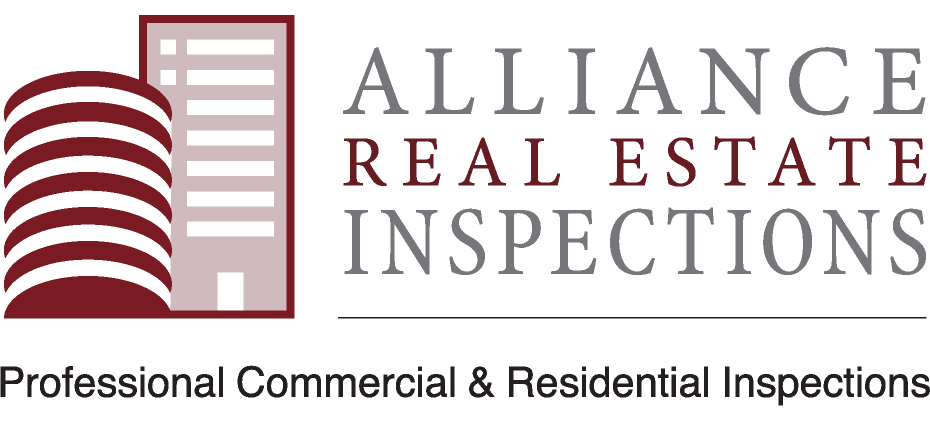
Why won’t the inspectors light a pilot?
Because he doesn’t know why the pilot went out. For all he knows, the gas company red tagged it and someone removed the tag. The pilot may have gone out for another reason, but he can’t risk lighting the pilot under potentially unsafe conditions. The gas company or a licensed plumber should be the only professionals to turn on any pilots.
Why doesn’t the inspector inspect automatic sprinklers?
The main reason is that most of the system is buried and the inspector can’t see it. Also, they are usually on timers and he won’t want to interfere with anything the current homeowner has programmed. That said, if the inspector sees that portions of the lawn are flooded, or too much water is hitting the foundation, or he suspects there is a leak, he will make a note in the report.
Why don’t the inspectors comment on mold?
Inspecting for mold is not part of the standards of practice for general inspectors because mold is a specialty inspection. Mold/moisture inspectors should be certified and have the training and experience to identify any growth that needs to be flagged. Mold specialists will also have the equipment to take samples, as well as accounts with laboratories to run any tests.
Why won’t the inspector give estimates on any repairs?
Providing costs isn’t part of the standards of practice for residential properties. Since fees can vary widely between contractors or handymen, licensed or unlicensed, inspectors would have a tough task delivering numbers with accuracy and that could be a liability. If we don’t estimate high enough, then we may be the cause of a buyer not asking for enough of a credit. Over-estimating can cause other problems.
